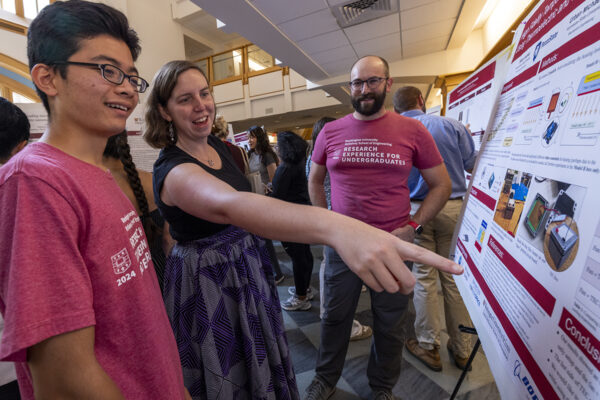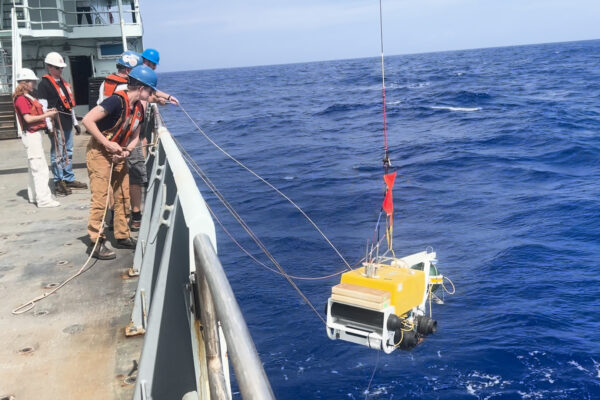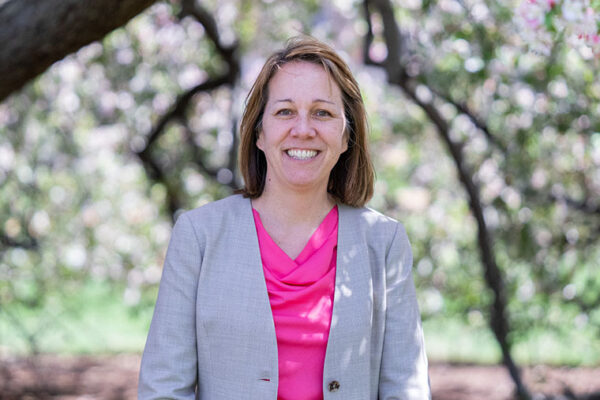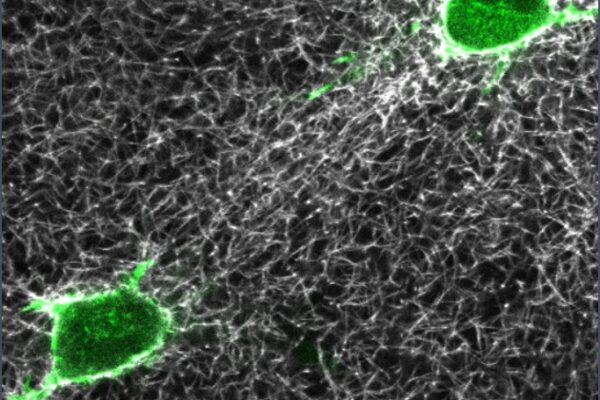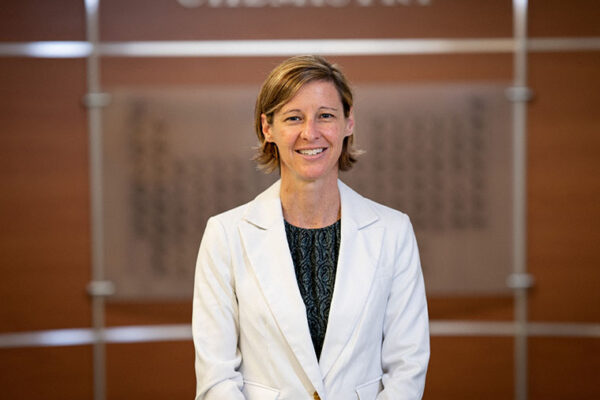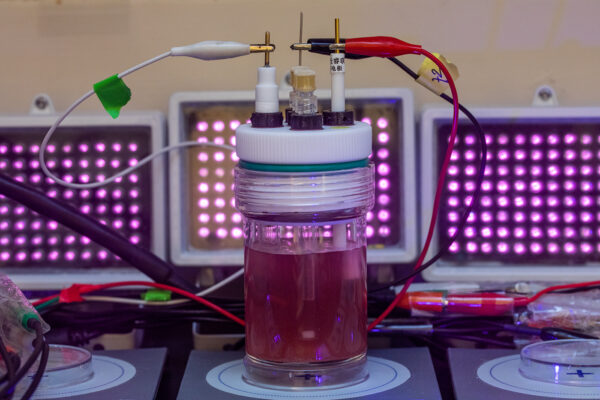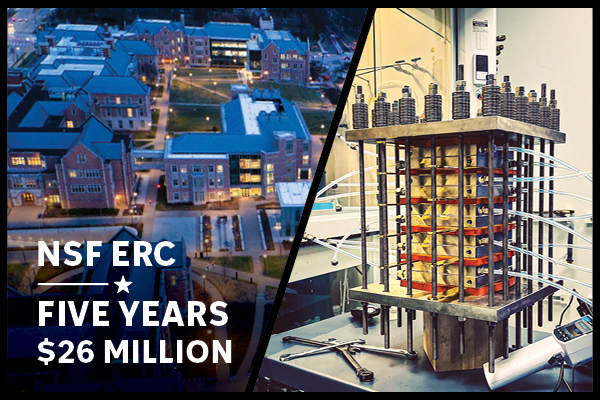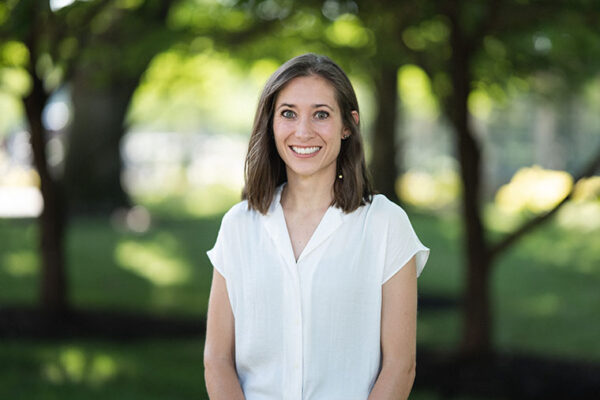Janie Brennan
Trained as an engineer, Janie Brennan, a senior lecturer at the WashU McKelvey School of Engineering, now builds courses instead of machines. She’s using her classroom to peel away systemic and cultural barriers to engineering.
Field Notes: South Pacific
WashU earth scientists in Arts & Sciences are mapping Earth’s interior and analyzing lava rocks from a volcanic hotspot near the islands of Samoa.
National Academies report highlights high magnetic field science
Sophia Hayes, in Arts & Sciences, co-authored a study on strategic directions guiding high magnetic field science with pursuits in chemistry, medical MRI, low-temperature physics, superconducting materials and fusion. Challenges to the helium supply figured prominently throughout.
Consistency, trustworthiness in large language models goal of new research
A computer scientist at Washington University has received funding from Google to improve grounding in large language models.
Researchers take cue from vibes of elephants, spiders
A team of researchers that includes scientists from Washington University have received $1.5 million grant from the Human Frontier Science Program to study a potentially transformative new mode of cell-to-cell communication.
Heemstra speaks about elevating scientific discovery at chemistry meeting
Jennifer M. Heemstra, the Charles Allen Thomas Professor of Chemistry and chair of chemistry in Arts & Sciences at WashU, delivered a keynote address at the American Chemistry Society fall meeting in Denver.
Turning bacteria into bioplastic factories
Biologists in Arts & Sciences have found new ways to encourage the plastic-producing power of purple microbes.
Fort Neuroscience Research Building earns LEED Gold
The Jeffrey T. Fort Neuroscience Research Building at WashU Medicine has earned LEED Gold certification from the U.S. Green Building Council.
WashU to lead $26 million decarbonization initiative
A collaboration of universities and industry, led by the McKelvey School of Engineering at Washington University, is embarking on a bold plan to transform manufacturing toward zero or negative emissions by converting carbon dioxide into environmentally friendly chemicals and products that create a circular economy.
Reichhardt wins NIH MIRA award
Courtney Reichhardt, an assistant professor of chemistry in Arts & Sciences, has been awarded a prestigious Maximizing Investigators’ Research Award from the National Institutes of Health (NIH) to pursue several projects on fibrillar adhesins, the proteins bacteria use to stick to each other and surfaces.
Older Stories
